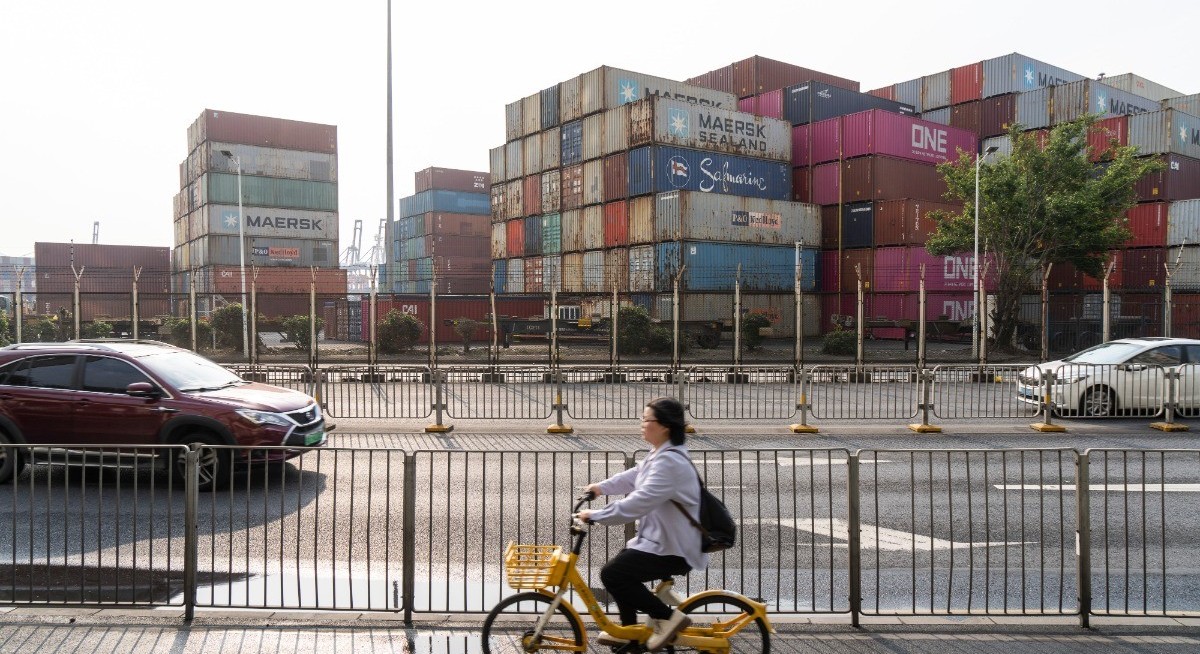(Oct 28): Chinese analysts expect the US to dial back new export control rules targeting thousands of Chinese firms when Presidents Xi Jinping and Donald Trump meet this week.
Top trade negotiators on Sunday unveiled a tentative deal for their leaders to finalise in South Korea, including agreements on issues spanning tariffs, shipping fees, fentanyl and export controls. As part of that, US Treasury Secretary Scott Bessent said he believes China would delay its latest rare-earth restrictions “for a year”.
While official statements from China stopped short of providing details on what Beijing will get in return, some Chinese analysts anticipate the US moderating a Sept 29 rule that vastly expanded restrictions around selling cutting-edge chips to subsidiaries of Chinese companies already on Washington’s so-called entity list.
The White House, US Commerce Department and China’s Commerce Ministry didn’t immediately reply to requests for comment. Bessent said on Sunday in Malaysia there had been “no changes” in US export controls. Trump, during a flight to Japan, declined to share details of the deal framework, saying they could still change.
“In Kuala Lumpur, Beijing appears to have pushed for a quid pro quo: The suspension of the ‘affiliates rule’ in exchange for delaying its rare earth export-controls,” Beijing-based consultancy Hutong Research wrote in a note, referring to Washington’s new restrictions. The analysts didn’t specify what information they were basing that assessment on.
“The Trump administration will first pause enforcement before formally deregulating it,” they added, predicting Beijing will use its own “delayed enforcement as both leverage and insurance against US backtracking”.
See also: Trump hails ally Japan, offers Takaichi ‘anything you want’
Separately, Wu Xinbo, a director at Fudan University’s Center for American Studies in Shanghai, said he believes China would get “more than tariff relief” from the latest talks. “Export controls, technology controls, as well as the BIS 50% rule released on Sept 29,” he said, listing areas of potential progress and referring to the US Bureau of Industry and Security.
Such expectations could lead to disappointment if Xi secures little more than tariff relief during his Thursday meeting with Trump. Rare earths are China’s most-potent trade weapon, meaning any easing would likely require an appropriately significant counter concession from the US side.
There is also a possibility that neither side reveals the full extent of their deal, as in previous rounds of talks.
See also: US-Pakistan relations don’t come at expense of India, Rubio says
Under the long-awaited BIS rule, subsidiaries at least 50% owned by blacklisted firms are subject to the same curbs as their sanctioned parents. That makes it significantly harder for the likes of China’s AI chip champion Huawei Technologies Co to access restricted US goods through affiliates.
Coming days after the US and China held trade talks in Madrid, Beijing viewed the move as a violation of that mechanism to manage ties. Shortly after, China unveiled sweeping rules asserting global control over shipments containing even trace amounts of its rare earths.
Those metals are the lifeblood of US manufacturing, underpinning production of everything from chips to cars. When China stopped supplying such magnets earlier this year over trade tensions, several US factories were forced to suspend operations.
There is precedent for such a deal. In June, after China agreed to restart shipping rare earths to the US, the Trump administration walked back threats to restrict sales of semiconductor design software, jet engine parts, and nuclear materials — marking a shift in strategy.
US export curbs meant to keep sensitive technologies out of Beijing’s hands have long been justified as being crucial to national security. Making any export rules a bargaining chip is controversial among China hawks.
Such opposition once carried weight, but today’s reality under Trump is different, wrote the Hutong analysts.
“Few Republican lawmakers are willing to openly challenge him ahead of a contentious budget battle and an election cycle,” they said. “Congress may grumble, but it will stop short of legislating against him.”
Uploaded by Tham Yek Lee





